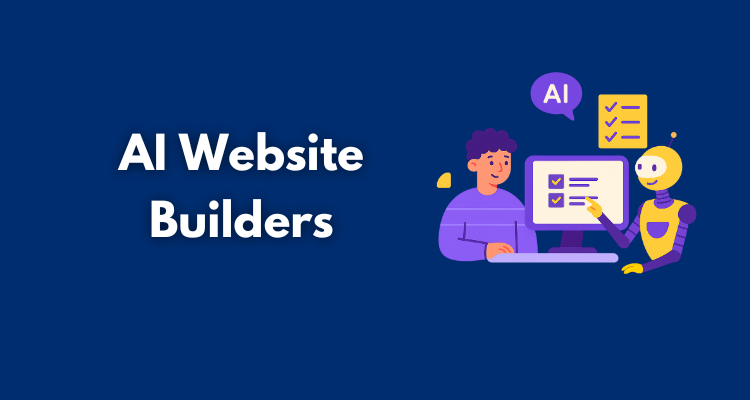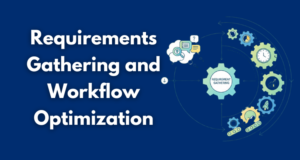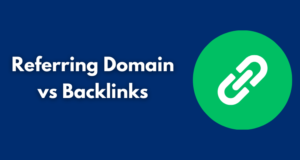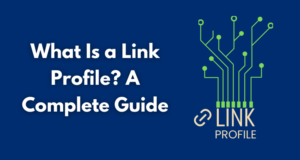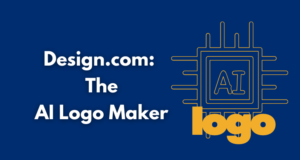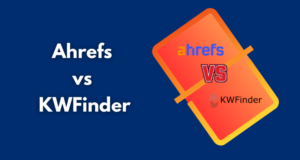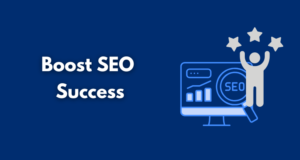The way businesses build websites is changing rapidly, thanks to Artificial Intelligence (AI). Modern AI website builders promise sleek designs, fast performance, and strong SEO features—all without requiring users to touch a single line of code. Whether it’s a small business owner launching a site in minutes or a developer saving time on routine tasks, these platforms are opening doors for everyone.
Still, new technology often attracts doubts. Many believe AI builders are too simple, unprofessional, or insecure. Others think they’re only useful for beginners or fear they might replace human developers altogether.
Table of Contents
ToggleAI Website Builders: Promise and Criticism
Artificial Intelligence (AI) is fundamentally altering how businesses establish their online presence. At the forefront, AI website builders empower users to launch elegant, speedy, and future-ready sites, all without writing a line of code. Users can launch their website within minutes, all with basic functions like business email , the best performance metrics, better SEO, and more.
Still, critics express the same caution every time a disruptive tool appears. They argue that the excitement hides significant drawbacks. It is these drawbacks that deserve more attention.
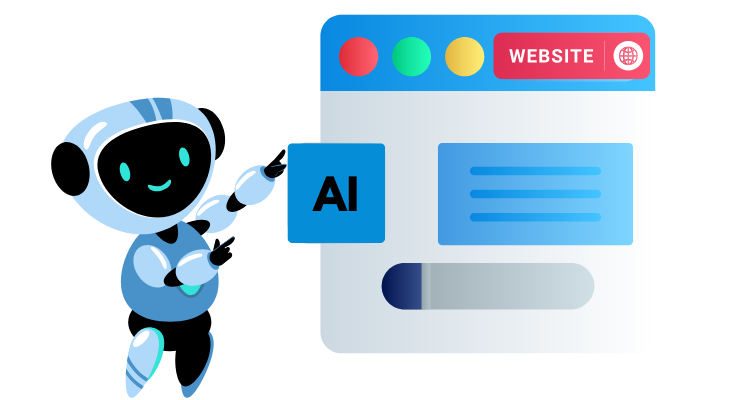
Let’s sift fact from myths and clarify what these tools can, and can’t, achieve.
Myth 1: AI Website Builders Only Create Basic Websites
The first myth is regarding AI site builders’ capabilities, thinking that AI site builders generate only limited options. They can only make basic, standard websites that offer basic functionalities.
Fact: The algorithms behind today’s AI website builders are not simple; they are built on complex modern technology trends. They examine the specific details of your business and then create custom blueprints from scratch for your website needs. E-commerce shops emerge from the same click as glide-in animations, checkout funnels, and responsive inventory grids.
Whether it’s about an architect-grade portfolio gallery or an invoice-ready contact form, these web pages are more than common templates. They are similar to highly modified codes, with overall functions. Thus, AI website builders can create more than simple websites.
Myth 2: AI Websites Look Unprofessional
Some people still think sites made by AI don’t have formal appeal, lacking the flair a human designer would provide.
Fact: Today’s AI site builders use proven design principles, responsive grids, and speed-boosting techniques to deliver modern, polished sites. Most also include drag-and-drop tools, allowing you to adjust colors, fonts, and layouts to match your brand.
Beyond static templates, AI scans the latest design trends—and adapts, keeping your site fresh and unique. Because it combines industry standards with the latest trends, the claim that AI sites look “unprofessional” no longer holds.
Myth 3: AI Website Builders Don’t Support SEO
Some worry that a website built by AI will float on Page 999 of Google because it skips search engine basics.
Fact: These builders weave SEO into every step. They create meta titles and descriptions, structure URLs, and fine-tune site speed—all without a degree in optimization. You’ll also get guided tips, in real time, on where to tuck keywords or how to lengthen headings. With automated schema, generated alt text, and sitemap files ready to go, the only surprise is how quickly Google can find your now-visible masterpiece.
Myth 4: AI Website Builders Can’t Handle E-Commerce
AI platforms are often seen as incompetent to support complete online retail.
Fact: Quite the opposite—AI site builders now package robust e-commerce features: searchable product catalogs, PCI-compliant payment processing, real-time inventory dashboards, postage carrier integrations, and AI-powered merchandising suggestions. Just with a single click, you can turn your new idea for an online store into a live, revenue-generating site.
Myth 5: You Lose Control Over Your Website with AI
Many worry that a site constructed by AI locks visitors into a preset look that refuses to budge.
Fact: A trained AI streamlines the layout, yet users drag, drop, swap, tint, and annotate pixels as needed. Custom fonts, animations, and single lines of CSS code can be injected anytime.
Myth 6: AI Websites Are Not Secure
Many people worry that sites made with AI do not have the strong security of traditionally coded sites.
Fact: Leading AI site builders, like that of MilesWeb, put security front and center by automatically issuing SSL certificates, performing daily updates, and monitoring 24/7. They also provide AI security layers that scan for and eliminate threats before they grow. Security is essential for these platforms. AI is crucial in finding weaknesses and implementing fixes as soon as a vulnerability is detected.
Myth 7: AI Website Builders Are Only for Beginners
Some people think that AI builders only focus on those without coding skills.
Fact: In reality, AI builders are effective for beginners, but they also offer value to professionals. Experienced developers hand off routine setups to save time. Marketers quickly access dashboard insights and automated SEO tips. Advanced users can easily integrate APIs, add custom code, and use AI for detailed personalization. This makes the tools easy to use for both experts and first-time site creators.
Myth 8: AI Website Builders Will Replace Human Developers
Another myth is that AI will soon completely replace human developers.
Fact: AI website builders serve as helpful assistants rather than replacements. They speed up boring tasks, website creation tasks, and help designers/developers to automate repetitive tasks (like arranging grids, adjusting meta tags, and making elements responsive). Meanwhile, AI is still a machine. It lacks human emotional depth, personal stories, and individual adjustments according to the business. The best approach is to combine AI and human intelligence together and achieve the goal.
Final Thoughts
AI builder platforms are not just trends. They are essential tools for businesses of all sizes. The myths connected to them are just a few concerns regarding this new technology of AI. Look closely, and their offerings are tangible: polished, adaptive templates rooted in SEO discipline; robust e-commerce facilities; hardened cybersecurity defaults; and adaptive lanes for novices and seasoned codemakers alike.
By noticing the exaggeration in the details and focusing on the true purpose, companies create strong, refined sites without high costs or confusing menus. Instead of overshadowing human creativity, today’s builders celebrate it. This lets the smartest organizations share their ideas freely and without limits.

